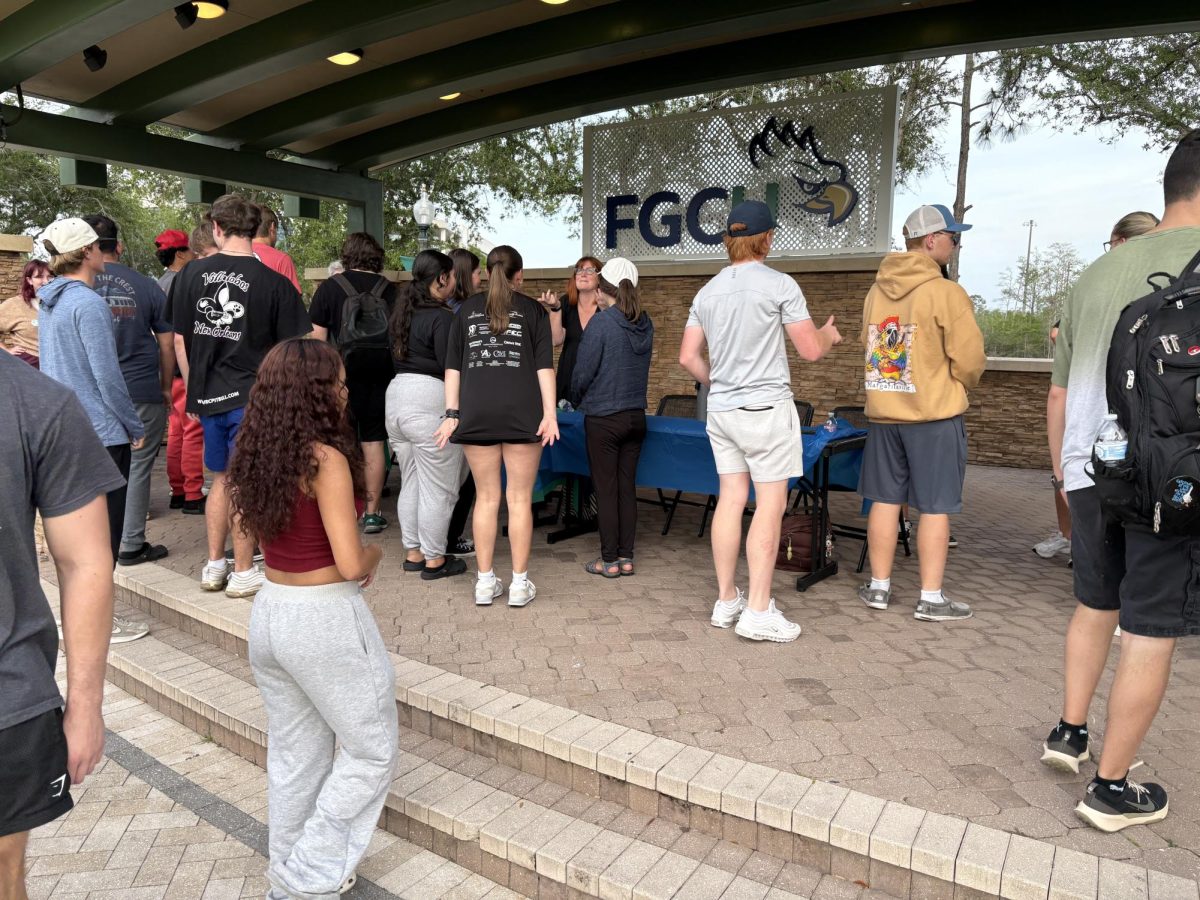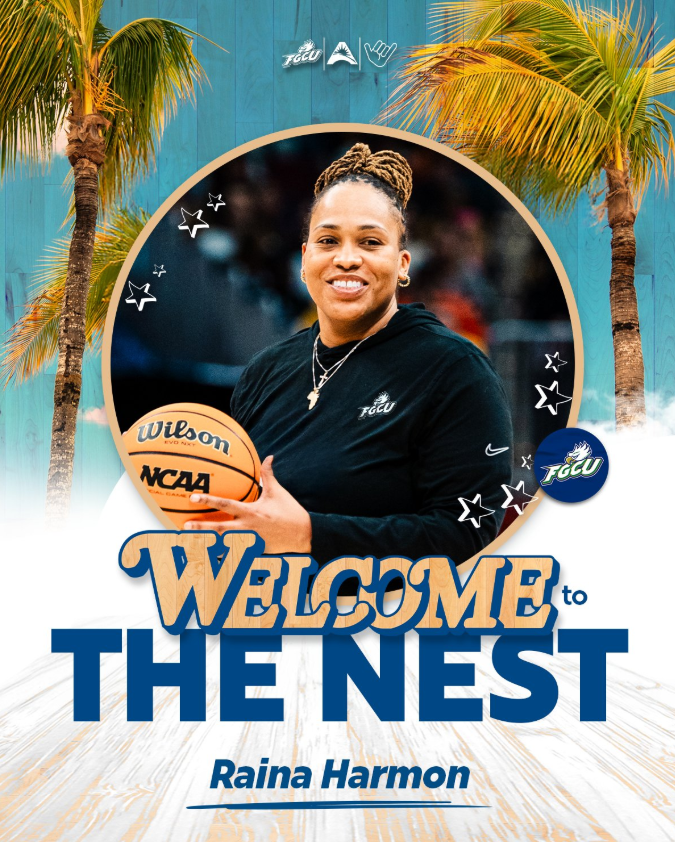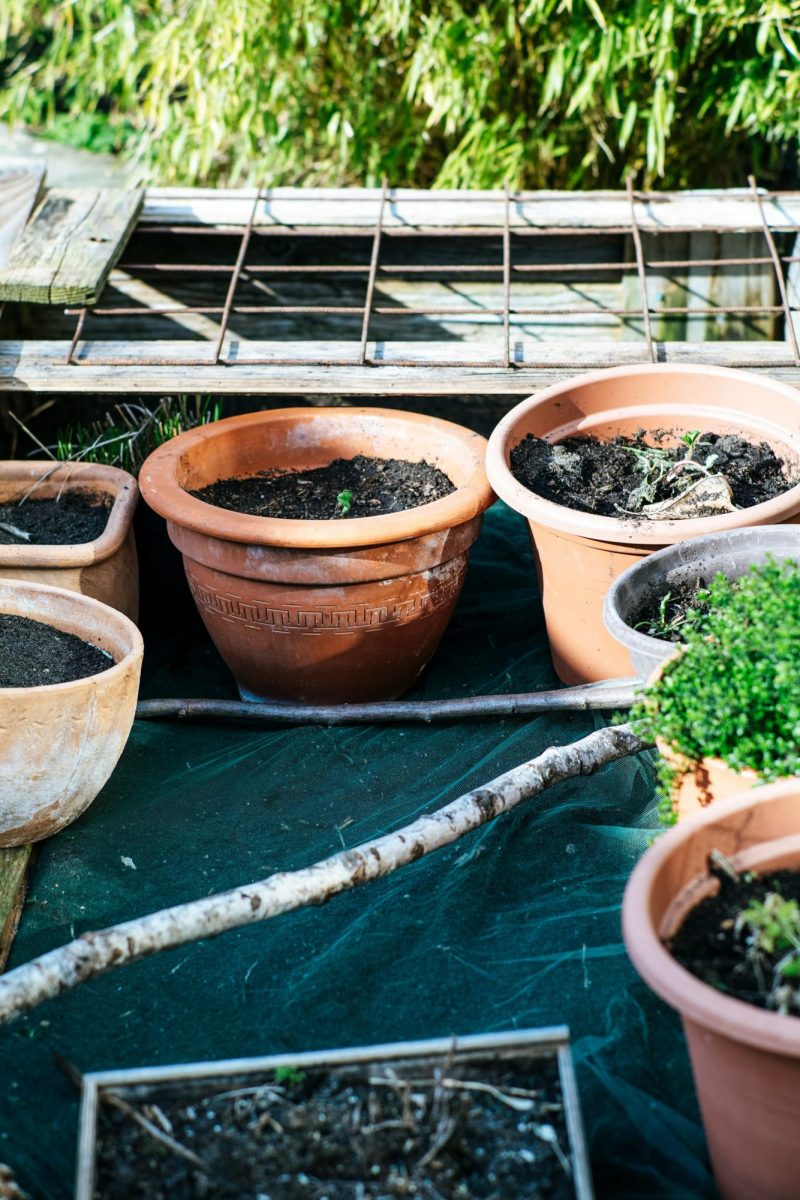Since FGCU opened its doors in 1997, University Colloquium was the only sustainability course option for undergraduate students that fulfilled the graduation requirement. This semester, two alternative colloquium courses are available as a new option for students.
Farm To Table Sustainability is offered by the Center for Agribusiness and The School of Resort & Hospitality Management. The Department of Economics & Finance offers Sustainable Real Estate.
Associate Professor and Director of the Center for Agribusiness Fritz Roka teaches farm-to-table sustainability.
“There was never a discussion about dropping colloquium, it was more of offering students more choices,” Roka said. “If a student has a particular focus, say agriculture, in my case, then they could pick a colloquium-oriented class that fits that focus.”
In 2023, FGCU’s Sustainability Task Force, composed of various professors, adjuncts, directors, chairs and instructors, took a closer look at the benefits and concerns associated with University Colloquium.
A survey titled “Incorporating Sustainability into the FGCU Curriculum,” was offered to FGCU faculty, staff and students. It proposed three options for maintaining a sustainability course graduation requirement.
Those options included hiring more faculty to teach University Colloquium, allowing students to choose between University Colloquium and Foundations of Civic Engagement, or expanding the course options.
The university chose to expand the course options.
“They opened it up for individual colleges to create their own colloquium-equivalent classes. In doing that, they hoped it would include more sections of faculty teaching classes that would meet that sustainability requirement,” Roka said.
“[Farm-to-table sustainability] had to go through the committee that reviews courses being proposed for colloquium alternatives,” Roka said. “They gave us their approval late last spring, which gave us time to enter it into this fall’s course catalog.”
Sophomore Bianca Chavannes is a digital media design major who is currently taking colloquium. She recently found out about the alternative colloquium courses through her roommate.
“I really like the fact that they are adding other courses besides colloquium that cater to students’ interests,” Chavannes said. “It’s also great that those students can apply the concept of sustainability to a career they may want to go into.”
Alternative colloquium courses allow students to satisfy the graduation requirement and earn credits toward their major, all while learning about sustainability in that context.
“We cover topics that have an impact on sustainability,” Roka said. “In my class, we focus on what it takes to grow food, how that food moves through the supply chain to the ultimate consumer and the sustainability issues around that.”
These courses are structured similar to colloquium. Students take five field trips throughout the semester to various locations and take part in 10 service-learning hours related to the course content. They also incorporate a critical writing component.
“[Farm-to-table sustainability] has two sections this fall, both of which are filled,” Roka said. “We’ll try to double that in the spring.”




























